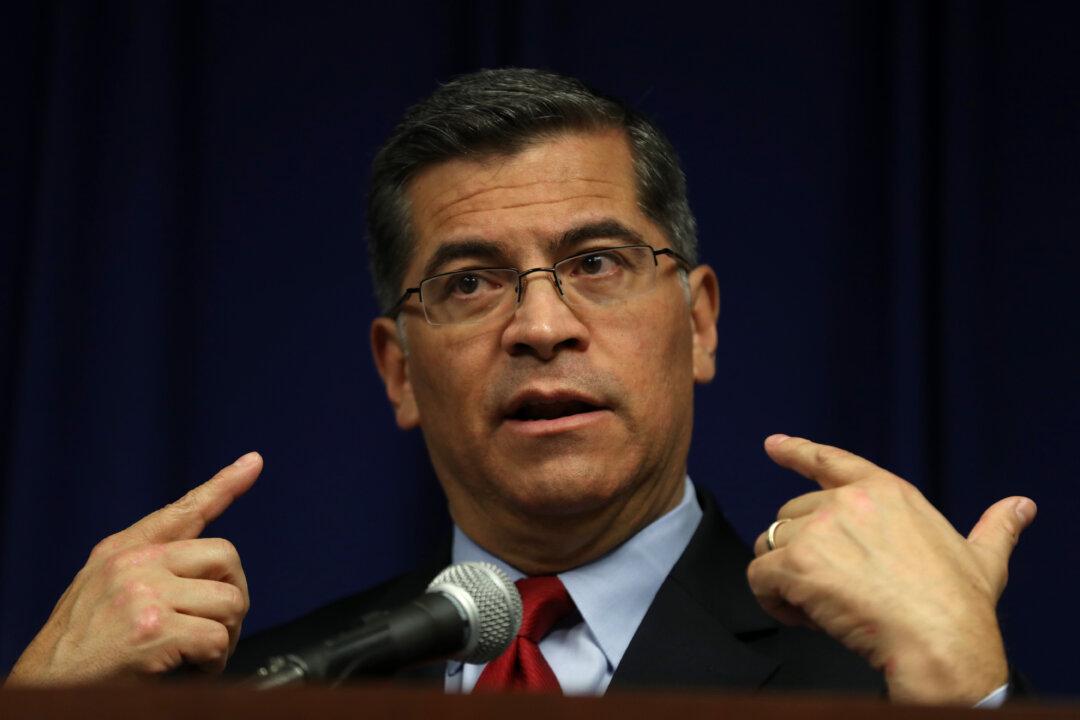Before almost every election in California, the wording of ballot measure titles, summaries, text, and rebuttals is enough to leave the most politically astute voters feeling confused—even duped, say two state legislators.
Assemblyman Kevin Kiley (R-Rocklin) and Sen. Melissa Melendez (R-Lake Elsinore) told The Epoch Times that state ballot measure texts and summaries are so skewed, many voters have no idea what they are truly voting for or against on election day.





